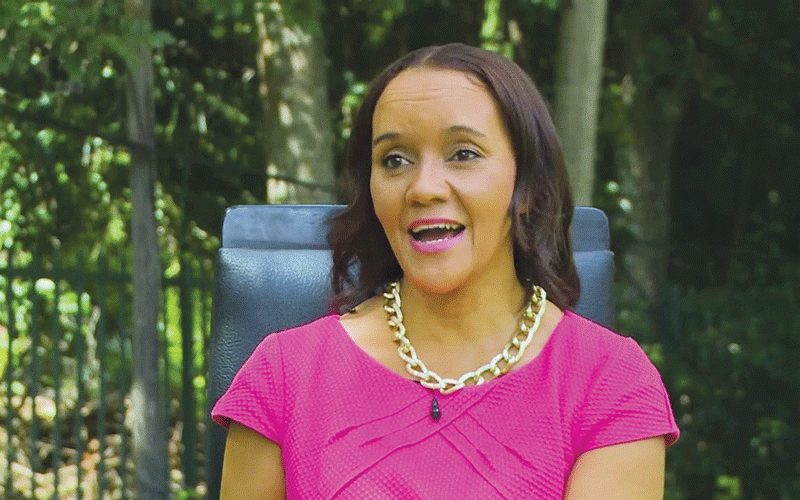
Women’s representation in political offices continues to decline as Africa’s environment is such a difficult space for women candidates.
Females in politics, just like males, may face power struggles and internal rivalries within their own political parties. These dynamics can lead to divisions and a lack of support for one another.
To understand why Zimbabwean women will perform so poorly in the coming August 23 harmonised elections, the nomination courts provided insight into the challenges and barriers faced by women aspirants and candidates.
Women’s representation in Zimbabwean politics has been on a downward slide since 2018, and the 2023 elections confirmed the expectations of poor outcomes for women.
Politics and leadership roles have traditionally been male-dominated, with women having limited opportunities to participate in public and political spaces in many societies.
This historical under-representation has mostly impacted on the presence of women in Parliaments, particularly in African countries.
The ruling Zanu PF party fielded 23 women candidates (11%), while opposition Citizens Coalition for Change has 20 women candidates (10%) for the parliamentary seats.
This is in violation of sections 17, 56 and 80 of the constitution, which call for gender equality in all sectors, including politics.
- Chamisa party defiant after ban
- Village Rhapsody: How Zimbabwe can improve governance
- News in depth: Partisan police force persecutes opposition, shields Zanu PF rogue elements
- Chamisa chilling death threat bishop defiant
Keep Reading
This is why female politicians in Zimbabwe should speak with one voice and support each other despite their political differences.
Last week opposition leader Elisabeth Valerio won her appeal against Zimbabwe Electoral Commission (ZEC)’s decision to reject her nomination papers and she will be added to the list of presidential candidates.
She became the only female in a field of 12 presidential candidates.
Surprisingly, very few female leaders celebrated this development despite the calls for more female representations in politics and decision making processes.
Political differences and societal expectations also influence female politicians to adopt a competitive, rather than collaborative, approach.
This can hinder support among women in politics.
Women are historically underrepresented in politics, so it is essential for female politicians to support each other to amplify their voices and increase representation.
By supporting each other, female politicians can work together to address gender-specific issues and concerns that may be overlooked by their male counterparts.
Female politicians often work towards achieving gender equality and advancing women's rights.
By supporting each other, they can collectively advocate for policies and legislation that promotes gender equality, such as equal pay, reproductive rights, and combating gender-based violence.
Despite coming from different political parties, female politicians may share similar experiences, challenges, and barriers in a male-dominated field.
By supporting each other, they can provide a strong support network, share resources, exchange ideas, and collaborate on initiatives that benefit all women, regardless of their political party affiliation.
It sends a powerful message that women can work together across party lines to drive change and encourage diversity in political representation.
Female politicians can serve as mentors and role models for aspiring women in politics.
By supporting each other, they can inspire and empower younger generations of women to enter politics, fostering a diverse and inclusive political landscape.
It is important to remember that while politicians may have different political ideologies and affiliations, they should prioritize common goals and work together towards achieving gender equality and women's empowerment.
Supporting each other allows for a stronger collective voice and greater impact in shaping policies that benefit women.
- Evans Mathanda is a journalist and development practitioner who writes in his personal capacity. For feedback email: [email protected] or call 0719770038 and Twitter @EvansMathanda19









